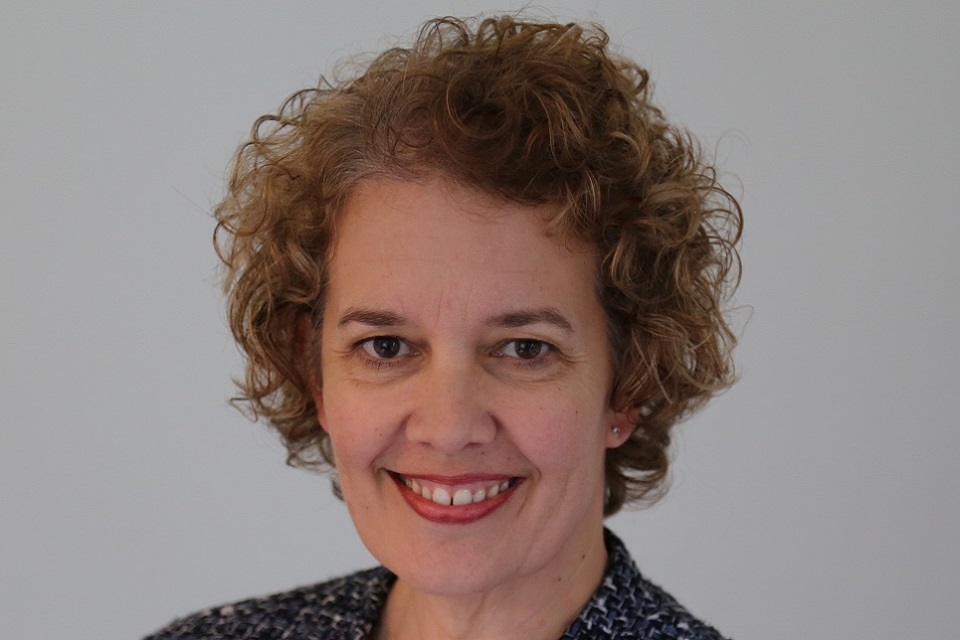Remarks by British High Commissioner at the Commemoration of 1994 Genocide in Rwanda
On 16 April 2018, staff at British High Commission Rwanda paid tribute to the Tutsis who were killed in the 1994 genocide in Rwanda.

Colleagues, friends, ladies and gentlemen, First of all I would like to thank Robert, Hypolitte and Zephy for everything that they have done to organise today’s events.
This month was the first time I had attended the Genocide Commemoration. I accompanied our Minister for AF to the Gisozi memorial on 7 April. I also attended the Walk to Remember and the event at the stadium and today we had the very moving experience of visiting Ntarama Genocide Memorial Site.
I wanted to share my thoughts and impressions with you and they are set against two experiences. First I visited Rwanda in my first role in the FCO in 1995 when of course the events were still very raw. Secondly I was posted in Bosnia from 2011 to 2015 and visited Srebrenica and the genocide memorial there several times. The scale of Srebrenica was much smaller – about 9000 mostly Bosnian Muslims were killed. But of course if you are a mother or a sister or a wife your experience of deep loss and tragedy is a shared one. At the same time Bosnia is a country that has not reconciled, which is still in huge denial and very ethnically divided. It’s a sharp contrast with Rwanda.
My First impressions after visiting the memorial were:
-
The scale of the Genocide against the Tutsi as well as the large number of others killed is something we as foreigners will never really be able to comprehend. I find the scale, the level of brutality, and the rapid breakdown of relationships that made the genocide possible hard to comprehend. But we must understand as much as we can if we are to understand Rwanda today.
-
I am impressed by how this commemoration involves every single member of Rwanda society. Young and old. Survivors and perpetrators. People of different ethnicity and religion. Rwanda can truly be proud of the way it brought its people together to remember and to unite. And I am proud of the role UK has had through organisations, like the Aegis Trust to help that remembrance and commemoration process.
-
And thirdly those of us who are foreigners who come for short periods cannot but be amazed at how Rwanda has moved on and progressed. I can think of no other country in modern history which has taken such steps to emerge from such atrocities and in such a united way.
I wanted to say something about the UK in Rwanda. No Western country in hindsight is proud of its role during the genocide. We frankly did not do enough. For us, as for many countries we did not have representation in the country, but we did not know or care enough. Things have changed. The UK is now a proud partner of Rwanda. I see Rwandan politicians very positive about our development relationship because they know we are now here for the long term. The UK took the decision in the mid-nineties that we were going to invest in Rwanda and stick with it on its journey to becoming a peaceful, successful country.
I wanted to add a note on the genocidaire case which you will see has been in the news over the last week. Spoke to Foreign Minister and Justice Minister about this over last fortnight. This is a Judicial/technical not political decision. Rwanda asked us to prosecute. Metropolitan Police may decide on conducting preliminary enquiry. I cannot prejudge but I can say that the UK government is extremely keen to see those involved in atrocities face justice
Colleague and friends today
- we remember because it is our duty to remember all those who died
- we unite to ensure these sort of events never happen again
- we renew our commitment to move forward with Rwanda and her long term development and security
So in closing, I would like to thank once again all those who have organised this afternoon, and to everyone for taking part and sharing experiences on what is a painful but hopeful day.
Thank you.